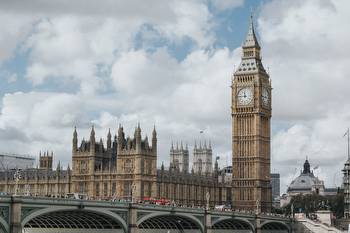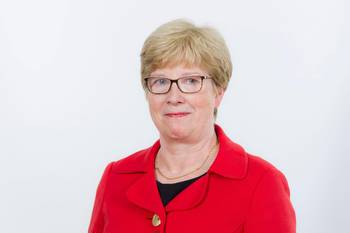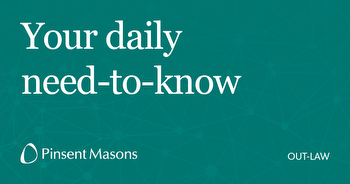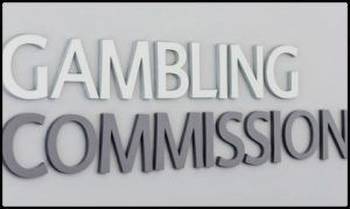UK Government Launches Consultation On Updating Gambling Laws For Digital Age
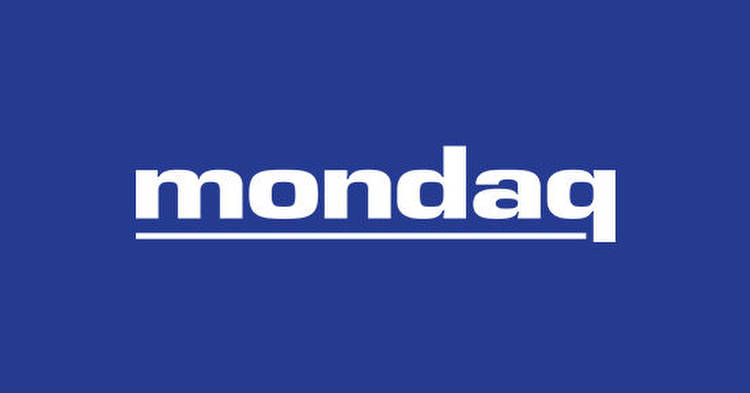
United States: UK Government Launches Consultation On Updating Gambling Laws For Digital Age
Global Advertising Lawyers Alliance (GALA)
We've been talking about the flurry of government andregulatory activity in relation to gambling for a few months now -and now the UK government has launched a "major and wide-ranging reviewof gambling laws to ensure they are fit for the digital age"as part of a call for evidence closing at the end of March2021.
There have been wide-ranging concerns about gambling for sometime, and it is believed that problems have been exacerbated by thepandemic. The call for evidence follows a Conservative partymanifesto commitment to review gambling laws in 2019, as well asthe House of Lords Gambling Industry Select Committeereport on the Social and Economic Impact of the GamblingIndustry, to which the government has now published its response.
The key issues to be considered in the call for evidence areonline restrictions, advertising and marketing and the powers ofthe Gambling Commission as well as consumer redress and ageverification.
The government wishes to examine in detail how gambling haschanged over the past 15 years since the Gambling Act 2005 waspassed. The government says that the findings of the call forevidence will be used to inform any changes to the Gambling Act2005 to ensure customer protection is at the heart of theregulations, while giving those that gamble safely the freedom todo so.
Online advertising
The current regulatory framework places player protectionobligations on gambling companies as conditions of their operatinglicences. Breaches are subject to compliance and enforcement actionby the Gambling Commission. It has recently called for evidence onhow affordability checks at certain predetermined thresholds mightadd to the protections for online gamblers. Concerns have beenraised that the current system of tailored online protections isnot sufficiently effective at preventing gambling harm, withgamblers being able to spend very large sums of money which theycould not afford in short spaces of time without effective operatorintervention.
Concerns have also been raised about the nature of onlinegambling products themselves. The government is therefore seekingevidence on these current online protections, and whether changesare needed at the product and/ or account level to improve playersafeguards.
The government also seeks evidence on so called 'whitelabel' agreements, where a company which does not itself hold alicence from the Gambling Commission provides the brand for agambling website which is operated by an existing licensee. TheCommission has made clear, including through enforcement action,that licensees will be held to account for the activities of theirwhite label partners. However, concerns have been raised that thecompanies who provide the brands may be seeking to use white labelarrangements as they would be unable to meet British regulatorystandards required to obtain a licence themselves, and that thistherefore poses risks to consumers.
The government is also aware that the online gambling market isevolving fast and recently completed a call for evidence about lootboxes to complement the wider review of the Gambling Act 2005.
The Gambling Act 2005 liberalised advertising rules, permittingadvertising of all gambling products subject to new controls. Morerecently, there has been a shift in focus to advertising online andvia social media. Analysis commissioned by GambleAware estimatedthat in 2017, the gambling industry spent £1.5bn onadvertising and marketing, around 80% of which was through onlinechannels. The government recognises that this represents asignificant revenue stream for broadcasters and advertisers, andinvites evidence on this alongside evidence on harms caused byadvertising.
A significant channel for gambling brand marketing issponsorship of sports teams and events, including shirt sponsorshipand similar deals with sports bodies. Commercial arrangements withgambling operators are a significant source of income for Britishsports and teams, particularly horse racing and football teams.There is growing public concern about the relationship betweensport and gambling. The government seeks evidence on thepositive and negative outcomes of this relationship to strike anappropriate balance in developing policy.
Gambling Commission powers
The government says that it needs to understand the scale ofissues, such as the online black market and operator malpractice,and whether the Commission has sufficient powers under the currentframework to address them. The government also asks for views onimproving consumer redress.
As part of the government's reforms to gambling law, it alsoplans to raise the minimum age for playing theNational Lottery from 16 to 18 from October 2021 and is canvassingviews on this as part of the call for evidence.
The government says that it recognises the need to balance theenjoyment people get from gambling with the right regulatoryframework and protections.
Industry bodies have also made this point. Michael Dugher, ChiefExecutive of the Betting and Gaming Council, said: "as the standards body forthe regulated industry, we strongly welcome the launch of theGovernment's Review. We called for it to be wide-ranging andevidence-led, and it provides an important opportunity to drivefurther changes on safer gambling introduced by the industry in thepast year.
"Problem gambling may be low at around 0.7 per cent and asthe DCMS has said there is no evidence that it has increased in thelast 20 years, but one problem gambler is one too many. So I hopeMinisters will focus in with laser-like precision on problemgamblers and those at risk. The Government must ensure that anychanges do not drive people to the unregulated black market online,where there aren't any safeguards to protect vulnerablepeople."
Jeffer Mangels Butler & Mitchell LLP
Following our ADA Website Litigation Update in June, federal courts have begun to signal the end of a series of nearly 500 ADA lawsuits filed by one plaintiff against several hotels...












